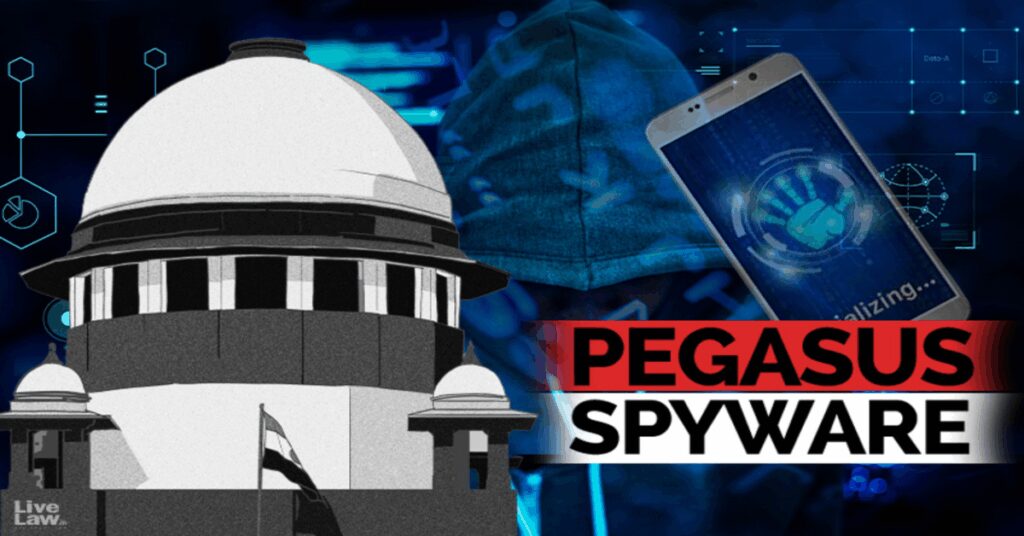
"Supreme Court Orders Judicial Probe Into Pegasus Spyware Surveillance"
Title: “Understanding the Supreme Court’s Decision on Pegasus Spyware Surveillance”
In a recent landmark ruling, the Supreme Court has ordered a judicial probe into the controversial Pegasus spyware surveillance. This decision marks a significant step towards protecting privacy and upholding the rule of law in the digital age. Let’s delve into the details of this ruling and its implications for the future of surveillance practices.
What is Pegasus Spyware?
Pegasus is a sophisticated spyware developed by the Israeli company NSO Group. This powerful tool is capable of infecting mobile devices, granting remote access to a target’s phone calls, messages, emails, and even their camera and microphone. Pegasus is known for its use by governments and law enforcement agencies worldwide for surveillance purposes.
The Concerns Surrounding Pegasus Spyware
The use of Pegasus spyware has raised serious concerns about privacy violations, human rights abuses, and the erosion of fundamental freedoms. There have been reports of journalists, activists, and political opponents being targeted through Pegasus surveillance, leading to chilling effects on free speech and dissent.
Supreme Court’s Decision on Judicial Probe
In response to a petition filed by activists and journalists, the Supreme Court has directed a judicial probe into the alleged illegal surveillance using Pegasus spyware. This probe aims to investigate the scope and extent of the surveillance, identify the targets of such surveillance, and hold accountable those responsible for any misconduct.
The Importance of Judicial Oversight
The Supreme Court’s decision to order a judicial probe highlights the critical role of judicial oversight in safeguarding individual rights and ensuring accountability. Judicial scrutiny is essential in cases involving surveillance technologies like Pegasus, where the potential for abuse is high. By conducting a thorough investigation, the judiciary can uphold the principles of transparency, fairness, and justice.
Implications for Surveillance Practices
The Supreme Court’s decision on Pegasus spyware surveillance sets an important precedent for regulating the use of surveillance technologies in India. It sends a clear message that unchecked surveillance is incompatible with democratic values and the right to privacy. Going forward, this ruling may lead to stricter regulations on surveillance practices and a greater emphasis on transparency and accountability.
Protecting Privacy in the Digital Age
In an era where digital surveillance is pervasive, protecting privacy has become more crucial than ever. The Supreme Court’s intervention in the Pegasus spyware case reaffirms the need for robust legal frameworks to safeguard individual rights in the digital realm. It also underscores the importance of balancing national security concerns with respect for civil liberties.
Conclusion
The Supreme Court’s decision to order a judicial probe into Pegasus spyware surveillance is a significant victory for privacy advocates and defenders of human rights. This ruling is a step towards holding accountable those who abuse surveillance technologies for unlawful purposes. As we navigate the complex landscape of digital surveillance, it is imperative to uphold the principles of transparency, accountability, and the rule of law.
By staying informed and vigilant, we can work towards creating a more just and equitable society where privacy rights are respected and protected. Let’s continue to advocate for stronger safeguards against surveillance abuses and promote a culture of accountability in the digital age.




